Minister of Industry and Trade : Localization rate of mechanical engineering industry reaches 30%
According to Minister of Industry and Trade Nguyen Hong Dien, the localization rate has been increased in many manufacturing industries such as the textile and footwear industry, currently reaching 45-50%, and mechanical engineering reaching more than 30%, thereby increasing the supply of raw materials for domestic production.
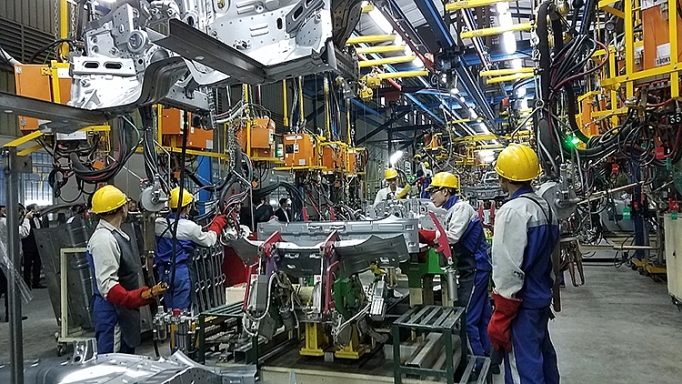 |
| The localization rate of the textile and footwear industry currently reaches 45-50%. |
In a report sent to National Assembly Deputies on a number of issues related to the group of questions at the 7th Session of the 15th National Assembly, Minister of Industry and Trade Nguyen Hong Dien raised a series of issues of the industry.
In particular, the implementation of policies and laws on the development of supporting industries and mechanical industries, especially in serving the processing of agricultural, forestry and fishery products, and the development of agriculture and rural areas, is one of the contents that delegates will question the leaders about.
Group of questions in the field of Industry and Trade:
+ Management, supervision and protection of consumer rights in e-commerce activities.
+ Solutions to boost export activities, promote the implementation of FTAs and remove difficulties for businesses in the context of the world situation continuing to fluctuate in a complex and unpredictable manner.
+ Implementation of policies and laws to develop supporting industries and mechanical industries, especially in serving agricultural, forestry and fishery processing, and agricultural and rural development.
Head of Industry and Trade on the afternoon of June 4.
Localization rate of mechanical manufacturing reaches 30%
Reporting on the supporting industry sector, Minister Nguyen Hong Dien said that in recent years, supporting industry activities have been increasingly developing, providing raw materials for domestic production, and the localization rate has been increased in many manufacturing industries such as the textile and footwear industry reaching 45-50%, and mechanical engineering reaching more than 30%.
Domestic supporting industry enterprises have improved their production organization level, increased productivity and production efficiency, cut costs, enhanced competitiveness, become direct suppliers to manufacturers, complete product assemblers and multinational corporations, and participated in regional and global production networks and value chains.
Along with serving domestic production and consumption, processed and manufactured products, including supporting industries, contribute increasingly to the total export turnover of the country.
Citing evidence, the Minister said: "In 2023, the proportion of processed and manufactured product exports in total export turnover will reach more than 85%, making an important contribution to the overall export results of the whole country."
For the mechanical industry serving agricultural production, Vietnamese enterprises have produced a series of planting and harvesting machines, contributing to improving the level of mechanization in agricultural production.
Currently, over 90% of rice milling machines, rice polishing machines, and dryers are manufactured by domestic enterprises with advanced technology and have been exported to ASEAN countries, America, and Africa.
"The Ministry of Industry and Trade has supported supporting industry enterprises to connect with multinational corporations to seek opportunities to participate in the supply chain for these corporations in Vietnam as well as abroad; effectively implementing preferential policies and investment support for supporting industry development," the Minister said.
At the same time, deploy the construction of Technical Centers (based on the reference models of Korea, Japan, Thailand) to support industrial enterprises in general, supporting industry and mechanical enterprises in particular to improve technical and management capacity, meeting the requirements of multinational corporations and FDI enterprises. The goal is to participate deeply in the global supply chain.
The effectiveness of implementing preferential policies is still limited.
Sharing difficulties in implementing incentive policies for supporting industries, the Minister said: "Due to the characteristics of supporting industry production and low starting point, the production capacity of Vietnamese enterprises has not met the conditions to enjoy incentive policies."
The allocation of resources to implement policies and strategies for the development of the mechanical industry is still slow and ineffective, not suitable to the current situation and level of Vietnamese mechanical enterprises.
"Business absorption capacity is limited, and the effectiveness of implementing preferential policies is still limited," the Minister admitted.
Providing solutions, the leader of the Industry and Trade sector said: "The Ministry will research, develop and submit to the National Assembly for consideration and promulgation of the Law on Key Industries to create a unified and solid legal foundation to promote the development of processing, manufacturing and supporting industries."
Rationally allocate national resources from the central to local levels to focus on developing industries, especially basic and priority industries such as materials, mechanics, manufacturing, processing, supporting industries, and industries in which Vietnam has advantages in labor use and export.
Create a market for supporting industries by developing downstream industries (industries that manufacture and assemble finished products), as well as attracting multinational corporations to invest in large-scale projects in Vietnam; gradually expand to foreign markets to take advantage of signed FTAs.
Currently, the Ministry of Industry and Trade is also promoting investment in domestic and foreign markets, seeking markets for Vietnamese supporting industry enterprises.
In the long term, the Ministry will continue to advise the Government to issue policies to improve the mechanism for attracting investment in the supporting industry sector to increase the localization rate. At the same time, it will form supporting industrial zones and clusters with the appearance of leading enterprises.
Source: https://baodautu.vn/bo-truong-bo-cong-thuong-ty-le-noi-dia-hoa-nganh-co-khi-che-tao-dat-30-d216689.html



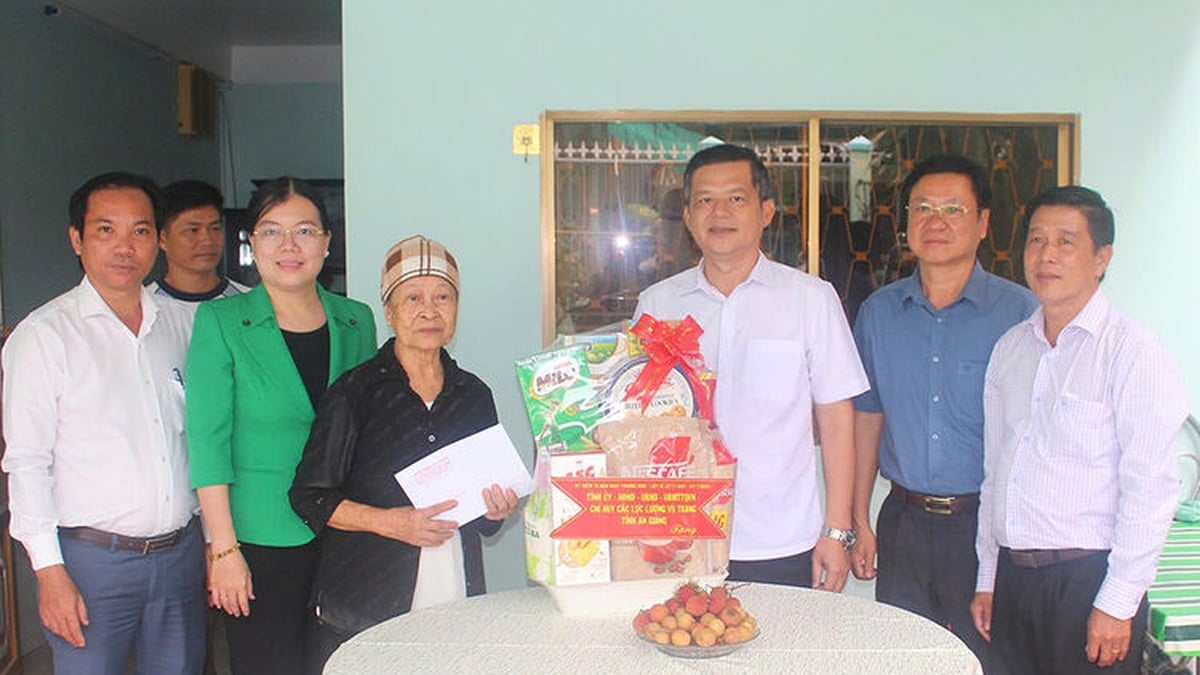


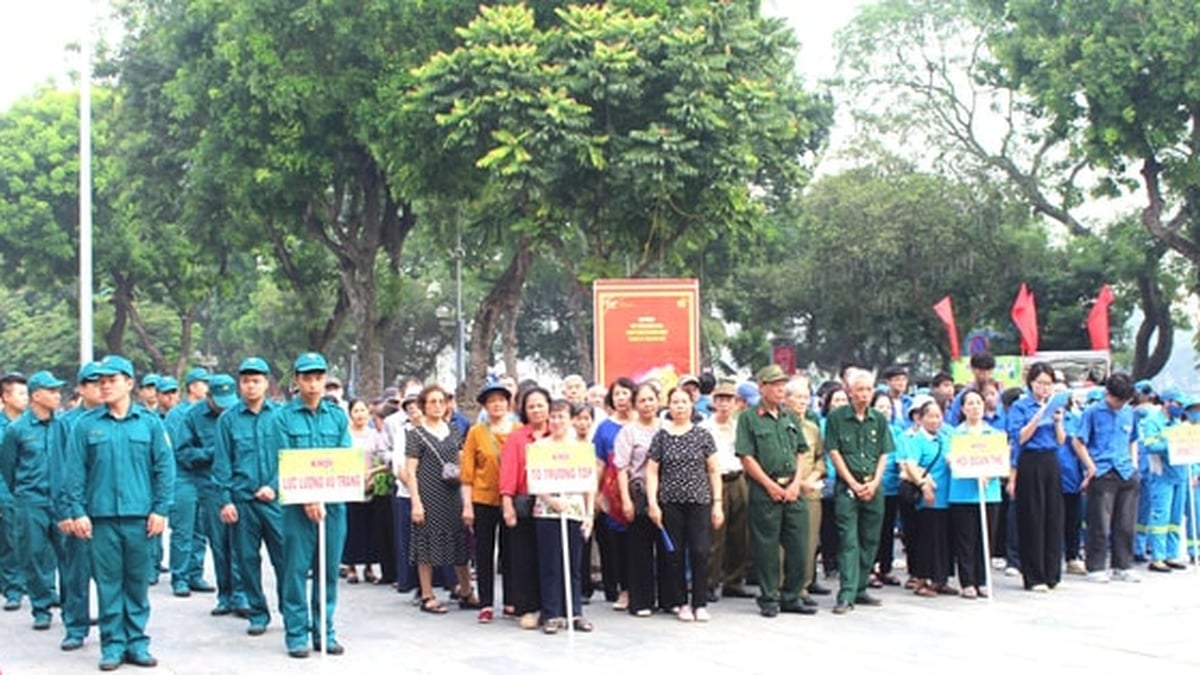


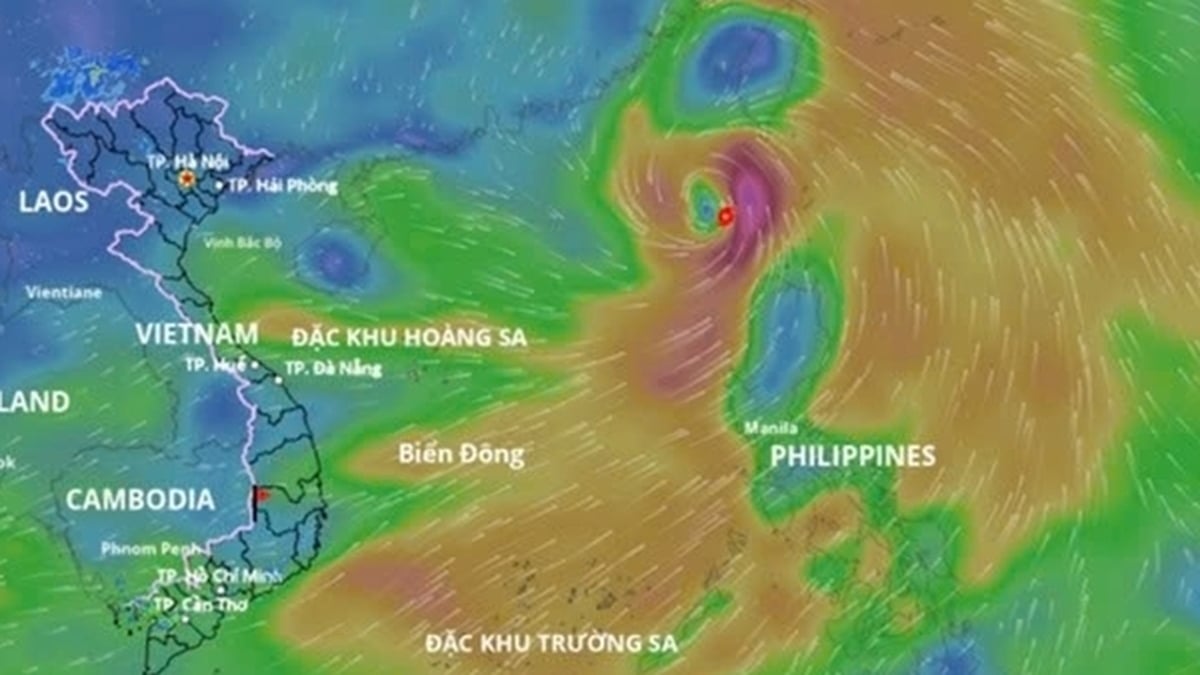
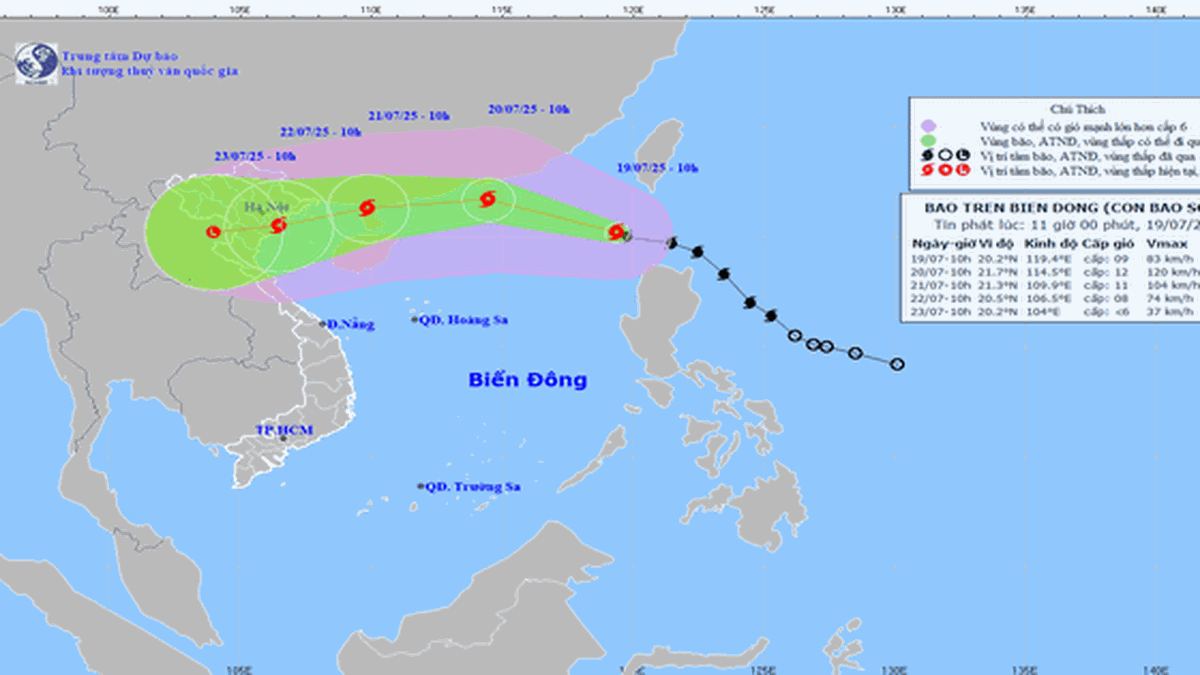

























































































Comment (0)